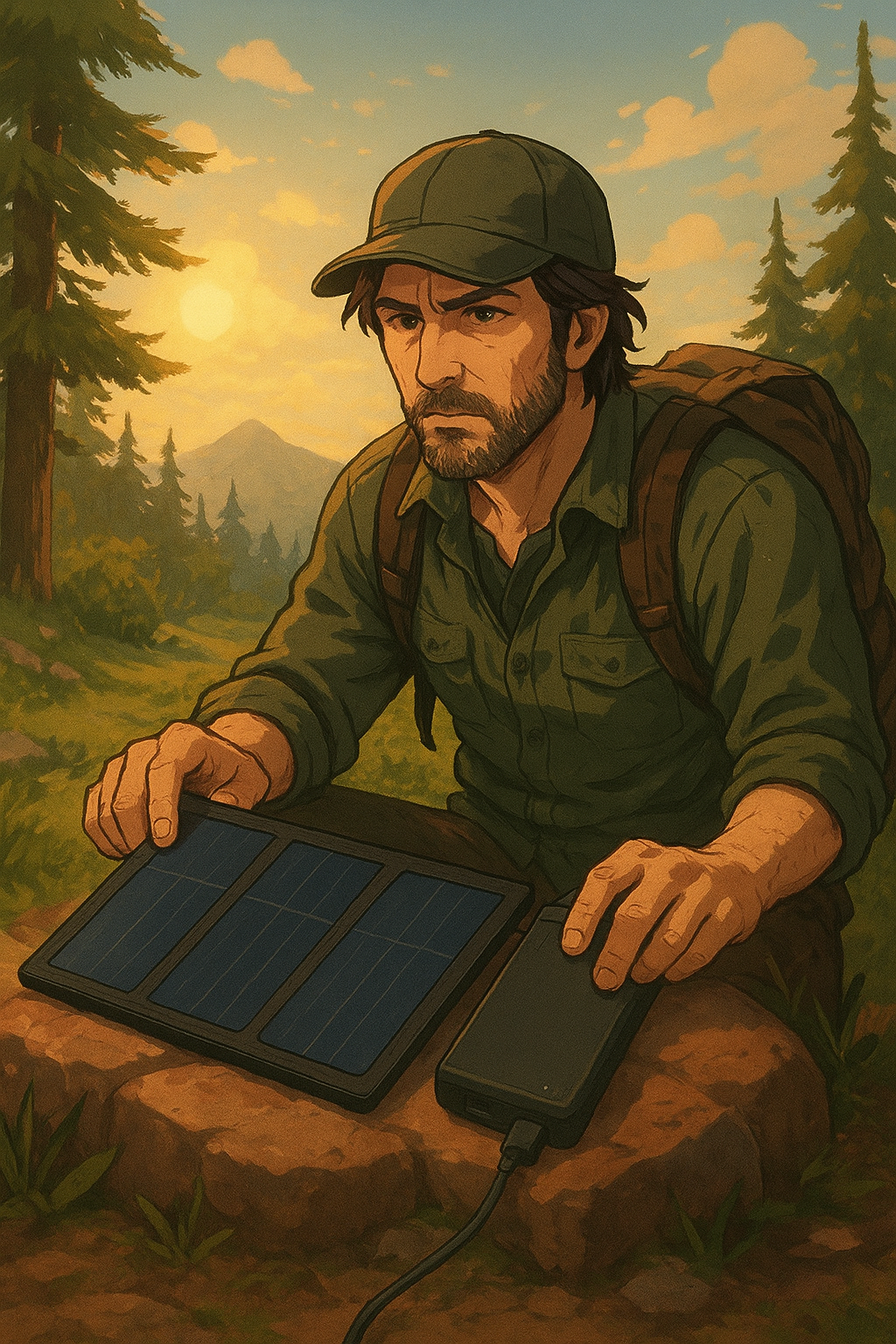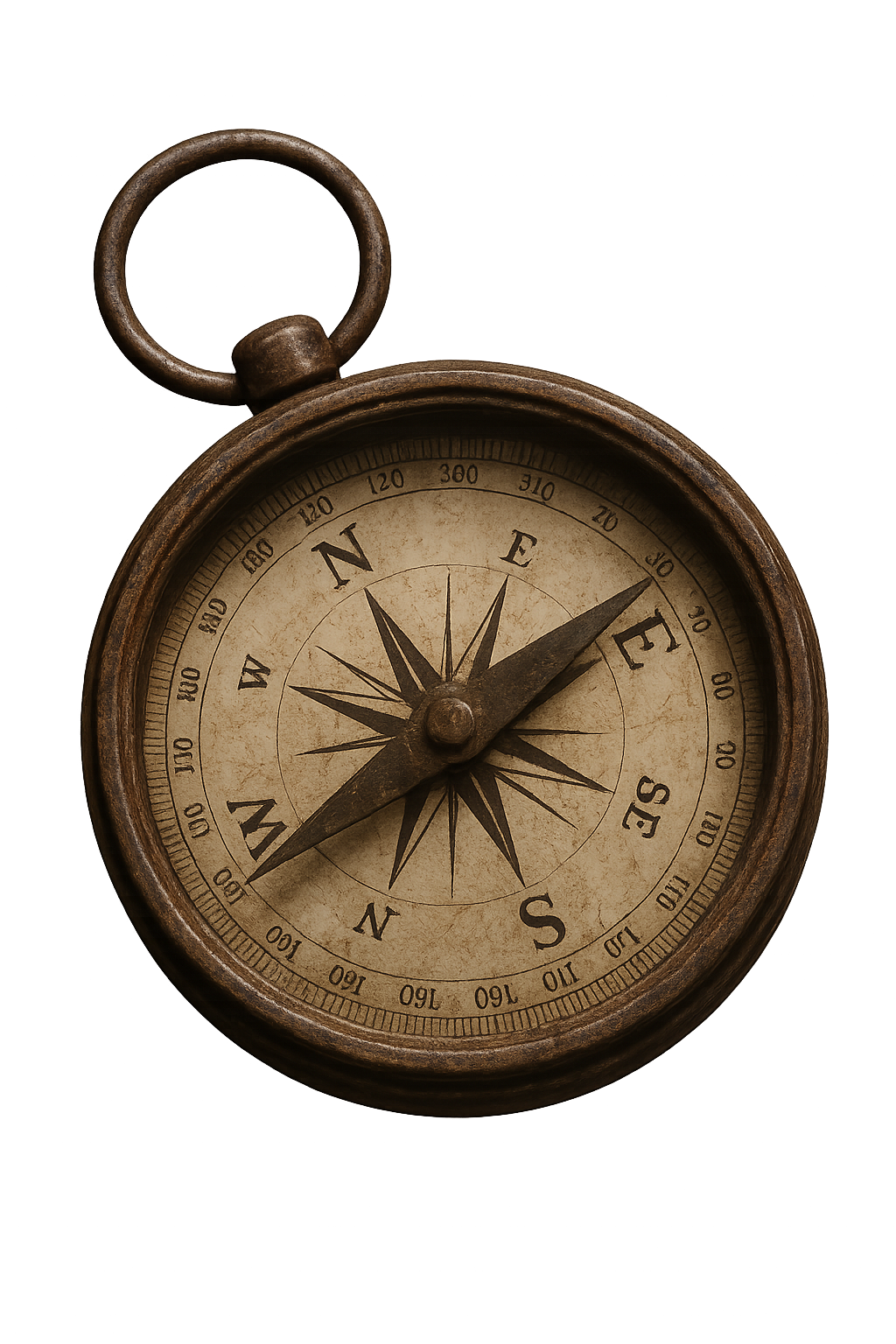When you live off the grid or plan extended outdoor adventures, having a reliable source of power can be the difference between comfort and chaos. A solar charger or power bank becomes your lifeline — keeping your phone, GPS, or emergency radio alive when the sun is your only power source.
☀️ 1. Understand Your Energy Needs
Before buying, ask yourself: what devices do I actually need to power?
If it’s just a phone and flashlight, a 10,000–20,000 mAh power bank with a small solar panel might be enough.
But for camping lights, radios, or GPS units, you’ll need something closer to 30,000–50,000 mAh with multiple USB outputs.
⚙️ 2. Efficiency and Charging Speed
Not all solar panels are created equal.
Look for monocrystalline solar panels — they’re more efficient, durable, and perform better in cloudy conditions.
A good solar charger should provide at least 18–25% efficiency, meaning it can still recharge your devices when sunlight is weak or indirect.
🌧️ 3. Weather Resistance and Durability
Your solar gear must survive the wild.
Choose models with IP65–IP67 waterproof rating, dust protection, and reinforced casing to handle drops or heavy rain.
If you often trek or camp in rugged terrain, a foldable solar charger with carabiners can be easily hung on your backpack to charge on the move.
🔌 4. Smart Features to Look For
Modern solar chargers often come with extra features:
-
LED flashlight for night use
-
Built-in compass or carabiner hook
-
Auto power management to protect your devices
-
Fast-charging USB-C ports for modern gadgets
These small details can make a huge difference during emergencies.
🌿 5. Recommended Models for 2025
Here are some top-performing, budget-friendly options for survivalists:
-
BigBlue 28W Solar Charger – High efficiency, lightweight, perfect for campers.
-
Anker PowerCore Solar 20000 – Excellent power storage with fast USB-C charging.
-
Goal Zero Nomad 10 – Compact and rugged, great for field use.
✅ Final Thoughts
A well-chosen solar charger and power bank isn’t just a gadget — it’s an essential survival companion.
When the grid goes down, your ability to stay connected, navigate, and signal for help depends on how you prepare now.
Remember: the sun never runs out of power — only you decide how to use it.

